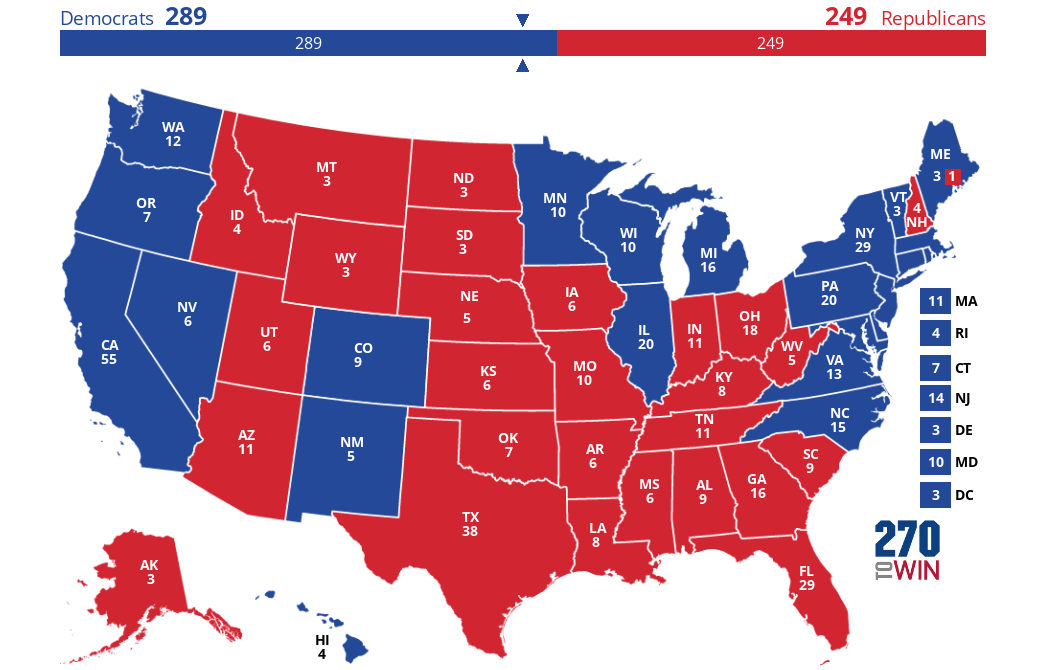Note: I had intended to publish this yesterday but was unable to do so. I apologize. Regardless, I hope you find it to be a unique and entertaining take on the 2016 election.
Tonight, tens of millions of Americans
will tune in to the stunning series finale of 2016, one of the most groundbreaking dramas currently on
television. Anticipation has been ramping up for weeks, as the writers
delivered one twist after another, leaving audiences with mouths agape,
wondering what could possibly be next.
It started straightforward enough, back
in Season One, with a cast of confident Republicans vying to take on the
anointed Democratic nominee. But one character, Donald Trump, who started out
as a seemingly minor character whose sole purpose seemed to be comic relief and
an added source of tension, quickly grew to dominate the show. Whether his
increasing role was the result of widespread popularity among some fans, or the
writers’ intention from the beginning, has remained a secret, but he quickly
shook up a sharply divided primary election, surging into the lead.
One by one, he cut down his Republican
challengers. Many of the actors in those roles gave critically acclaimed
performances, although those portraying the characters of Jeb Bush and John
Kasich have been criticized as being “wooden” and “low-energy”. But overall,
Season One—the pre-primary season—offered twists and turns that left the viewer
eagerly anticipating what was to come.
And the second season did not
disappoint. It kicked off with high drama on caucus night in Iowa, where Ted
Cruz turned against Trump, his erstwhile ally, and won the first state in the
grueling slog to 1,237 delegates. His victory was quickly beset by accusations
that he had stolen votes from rival Ben Carson, by publicizing a CNN report
that Carson was planning to exit the race. Trump, meanwhile, took the lead in
the delegate count with a quick succession of victories in New Hampshire, South
Carolina, and Nevada.
Trump and Cruz returned as season
regulars, joined by John Kasich, Ben Carson, and Carly Fiorina in a recurring
role. Marco Rubio also initially started the season as a regular, but his
character felt increasingly robotic and underappreciated, and he was finally
written off the show following a dismal primary showing in his home state of
Florida.
Hillary Clinton also returned as a
series regular on the Democratic side, joined on the second season by Bernie
Sanders—who defied expectations by winning several primaries and offering
Clinton a strong challenge from the left. Despite this, he could not ultimately
overcome the Clinton machine, and by the end of the season had dropped out of
the race and endorsed his former opponent.
By the final episodes of the second
season, only Trump, Cruz, and Kasich remained in the Republican race—with many
TV critics and fans alike wondering why Kasich had not been removed from the
show long ago. Plot devices to make the character more compelling and relevant,
including a brief strategic alliance with the Cruz campaign, felt contrived and
overdone, and were quietly abandoned.
Still, apart from Kasich, the final episodes
of the second season were strong, guaranteeing renewal. Cruz declared a major
victory in Wisconsin, but was ultimately overcome in the Indiana primary and
conceded defeat—though not before offering a defiant, impromptu speech
declaring what he really thought of Donald Trump. The season ended with Trump
the presumptive Republican nominee, ready to face Hillary Clinton in the fall.
The third season premiere was perhaps
the most dramatic to date, with a showdown and near riot on the floor of the
Republican National Convention over a proposed rules package. Forces opposed to
Donald Trump joined with party loyalists and conservative stalwarts to attempt
to force a roll call vote, a dramatic yet ultimately futile struggle that has
quickly become one of the defining episodes of the series. And in the very next
episode, Ted Cruz returned in a special guest role to offer a dramatic speech
in primetime, pointedly refusing to endorse his former primary rival in the
face of hundreds of furious delegates.
The third season has had plenty of
twists and turns of its own, some better than others—from the three vicious
presidential debates, to the bombshell release of tapes in which Trump was
recorded bragging about sexual assault—and the flood of Republicans denouncing
him, and the women who claimed that he had assaulted them, as a result.
Tensions have only increased even further in the last couple episodes, as it
was revealed that the FBI was reopening the investigation into Clinton’s
mishandling of classified information while Secretary of State, an
investigation believed to have been permanently closed at the end of Season
Two.
And tonight, all will be revealed.
According to the show, the race has tightened once again to within the margin
of error in many polls, although Trump is still seen as the billionaire
underdog. (It is a tribute to the writers of 2016 that the phrase “billionaire underdog” makes any sense at all
in this context.)
Additionally, the fate of Congress and
the Supreme Court hangs in the balance. Meanwhile, #NeverTrump Republicans
continue to flock to the independent candidacy of Evan McMullin, who hopes to
throw the election to the House and become, in the process, the first
independent candidate for President to win statewide in decades.
Will he succeed? Will Hillary Clinton be
elected the first woman president? Or will the late reversal by the FBI usher
in a President Trump? Tune in tonight at 7/6c for the special, extended series
finale of 2016.

 Click the map to create your own at
Click the map to create your own at